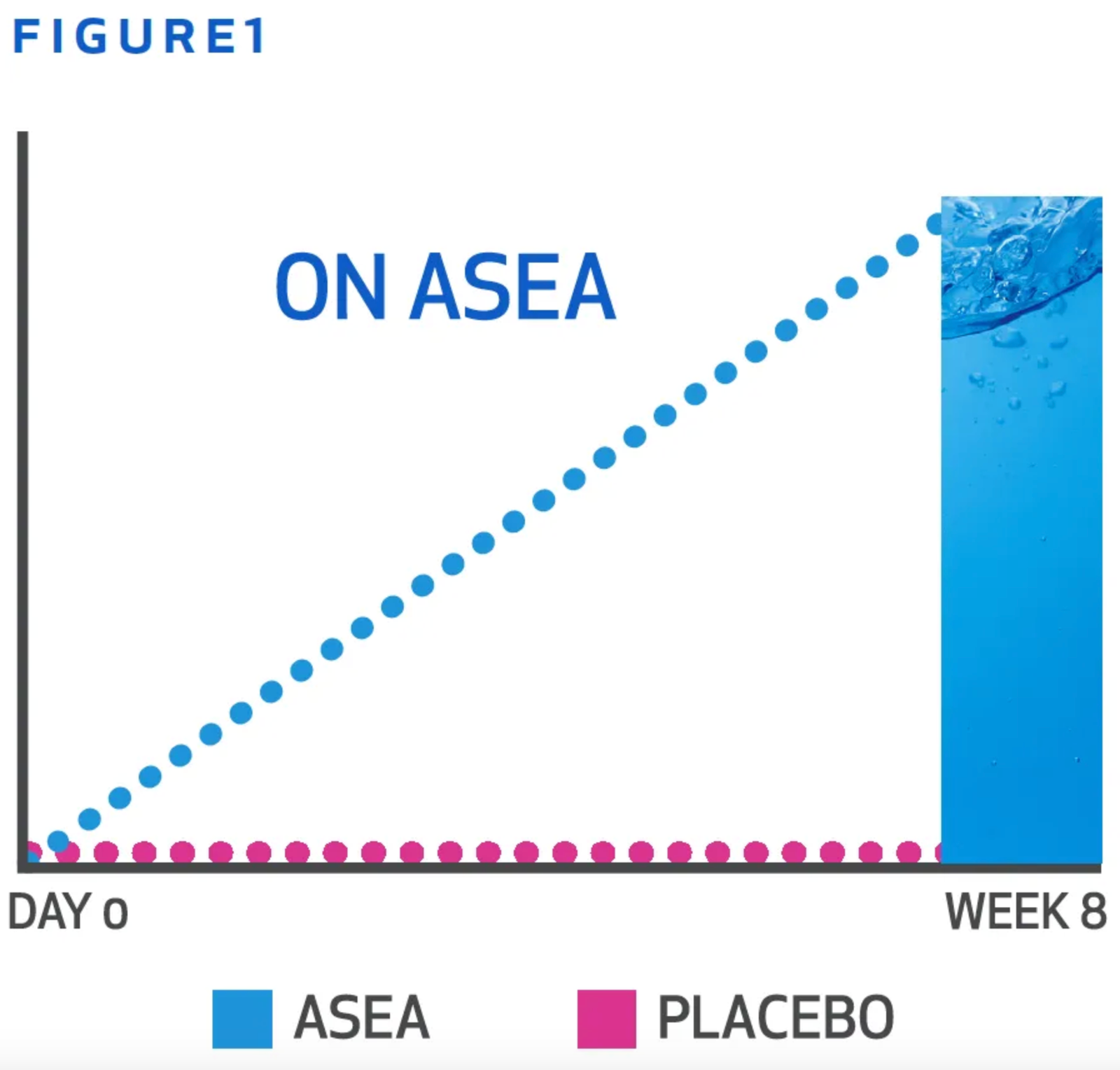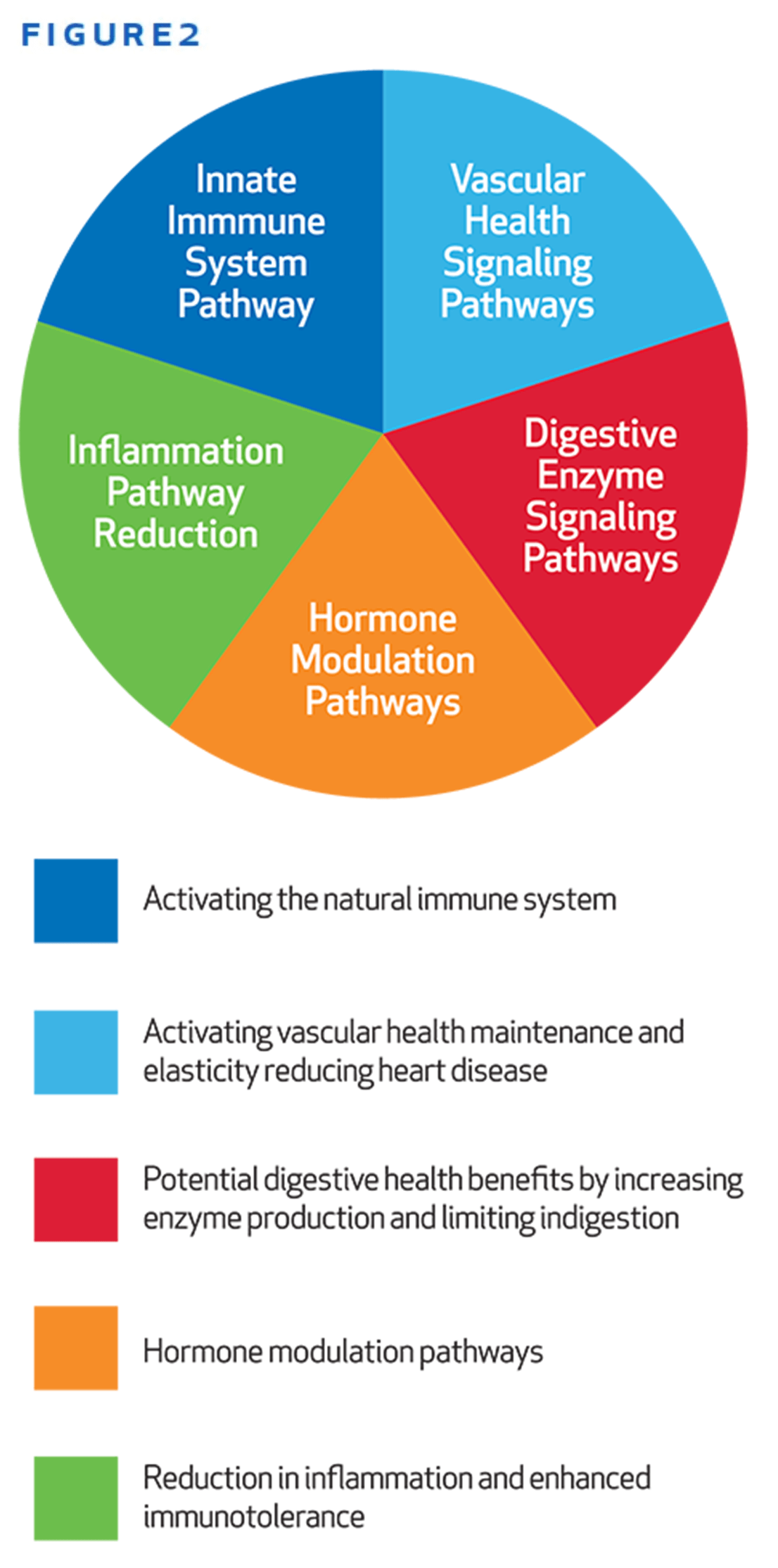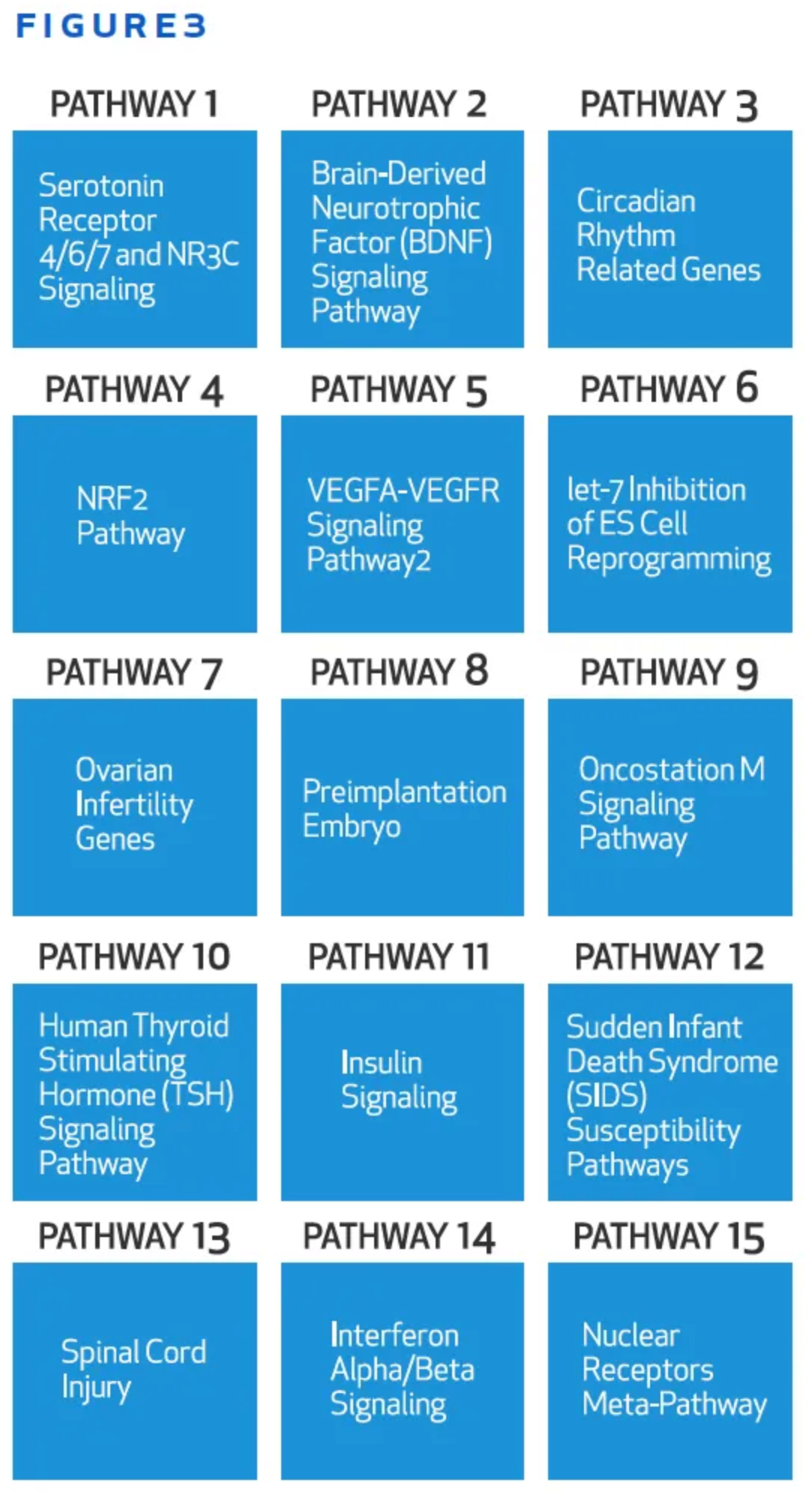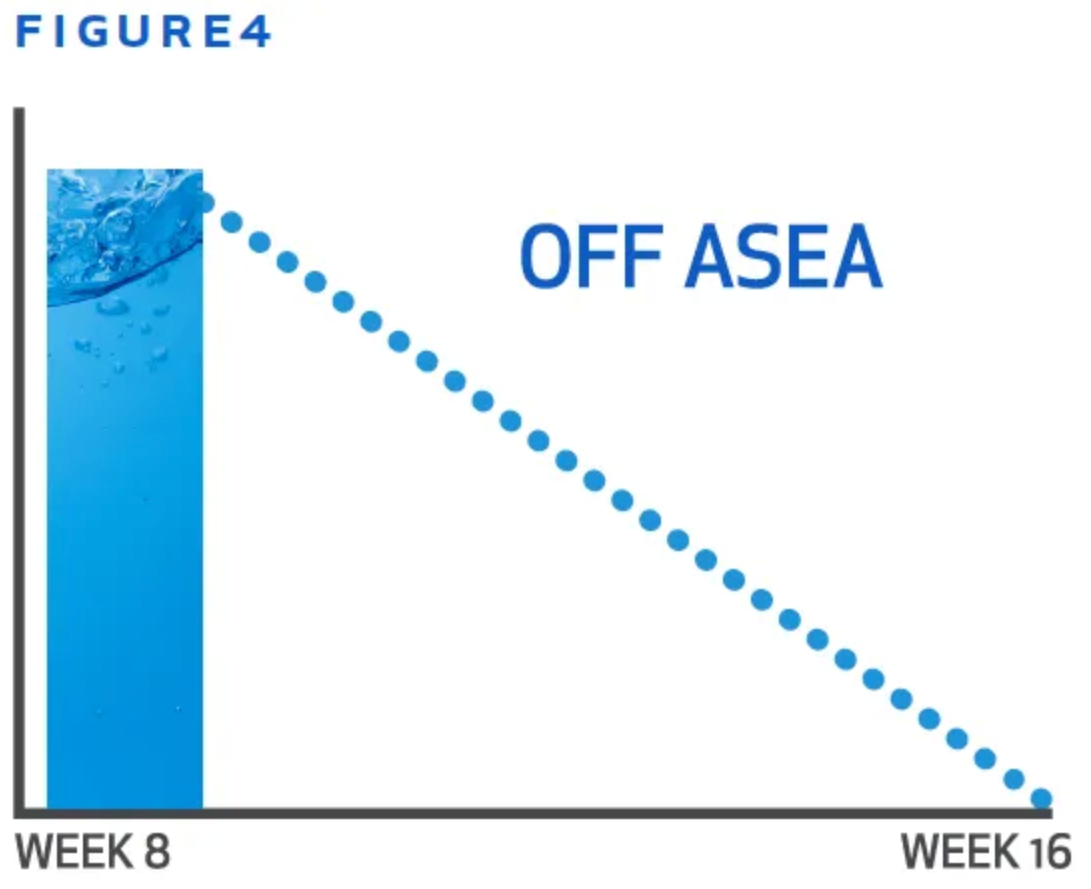ASEA partnered with Taueret Laboratories, a leading genetic research laboratory, to conduct an observational study to understand how ASEA REDOX affects the activation of human genes. Taueret Labs believes in advancing medical research through leading edge genomic services. They have spearheaded projects that have led to gene testing breakthroughs in multiple industries that have the potential to help countless numbers of people.
Taueret Labs is led by Dr. Kenneth Ward, MD, a premier researcher in female reproductive medicine and board certified in OB/GYN, Maternal Fetal Medicine, Medical Genetics and Molecular Genetics.
The eight-week human study was reviewed and approved by Quorum Review Independent Review Board, ensuring the ethical integrity, safety, and control of the research study. The study was a randomized double-blind placebo controlled study.
Researchers randomized 60 participants into three groups, 25 in the active group (ASEA REDOX), 25 in the placebo group (saline placebo), and 10 in the control group (did not drink either ASEA REDOX or placebo). It is important to note that the placebo was the same saline used to create the ASEA REDOX for this study, but did not contain ASEA’s patented redox molecules.
Of the total 60 participants, 41% were male, 59% were female, the mean age was 35, and they were 92% Caucasian. Each participant, except for the control group, drank 4 ounces of ASEA REDOX or placebo twice daily.
Participants’ blood was drawn at week zero and at week eight. Serum RNA was extracted using a PreAnalytix PAXgene Blood RNA Kit. Gene expression levels were tested using Affymetrix PrimeView Array and differential expression within and between groups analyzed.
RESULTS
Results of the eight-week study showed a 20 – 31% difference in gene expression abundance in five genes that are involved in pathway signaling, including regulatory network pathways. Long-term consumption of ASEA REDOX resulted in stable expression changes at the eight-week time point (figure 1).

These genes are key in the health of the individual and play a vital role in five human health areas and dozens of pathways. (figure 2)

“These results are unique and exciting. ASEA REDOX is a signaling supplement and the pathways expressed are signaling genes.” – Dr. Kenneth Ward
The genes that expressed significance when comparing the ASEA REDOX group to the placebo group at eight weeks are represented by the symbols below with their accompanying percentages of change shown in the study.
Pathway signaling genes are unique as they have the potential to influence a multitude of biological responses. Analysis of the five genes was provided through two pathway analysis programs, PANTHER (Protein ANalysis THrough Evolutionary Relationships) and WikiPathways. An example of a gene product that was expressed in this study that interacts with multiple important pathways is the EGR1 gene.
As shown below (figure 3) this one gene can influence 15 different pathways.

In order to better understand how the genes reacted post-study, the ASEA REDOX group that saw the 20 – 31% change provided blood samples eight weeks post-study. The results demonstrated that all the changes seen while on the product had reverted back to their pre-study levels (figure 4).

Summary
- The initial study data suggests that five genes expressed a change in transcript abundance.
- The ASEA REDOX group saw gene activation results in regulatory pathway related genes that signal dozens of important biological functions.
- The ASEA REDOX and the placebo (saline) behaved differently.
- There were no harmful changes in the gene expression trends of the participants consuming either beverage during the course of the study. This is representative of long-term safety.
- Daily consumption of ASEA REDOX over eight weeks appears to result in stable expression changes.
- Changes in gene expression eight weeks post study in the ASEA REDOX group were no longer observed. This suggests continued use of ASEA REDOX is necessary to sustain the observed gene expression results.
- Effects of consuming ASEA REDOX are systemic.
- Effects are non-specific to race, sex or age, and were observed in all populations tested.
